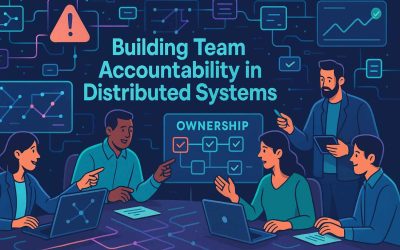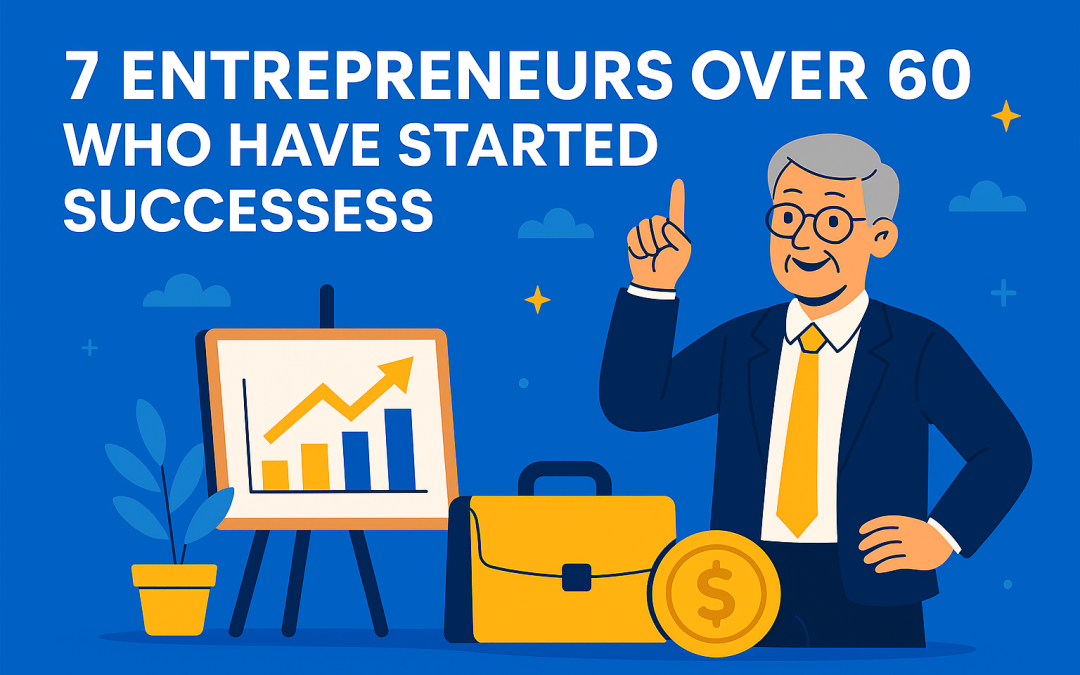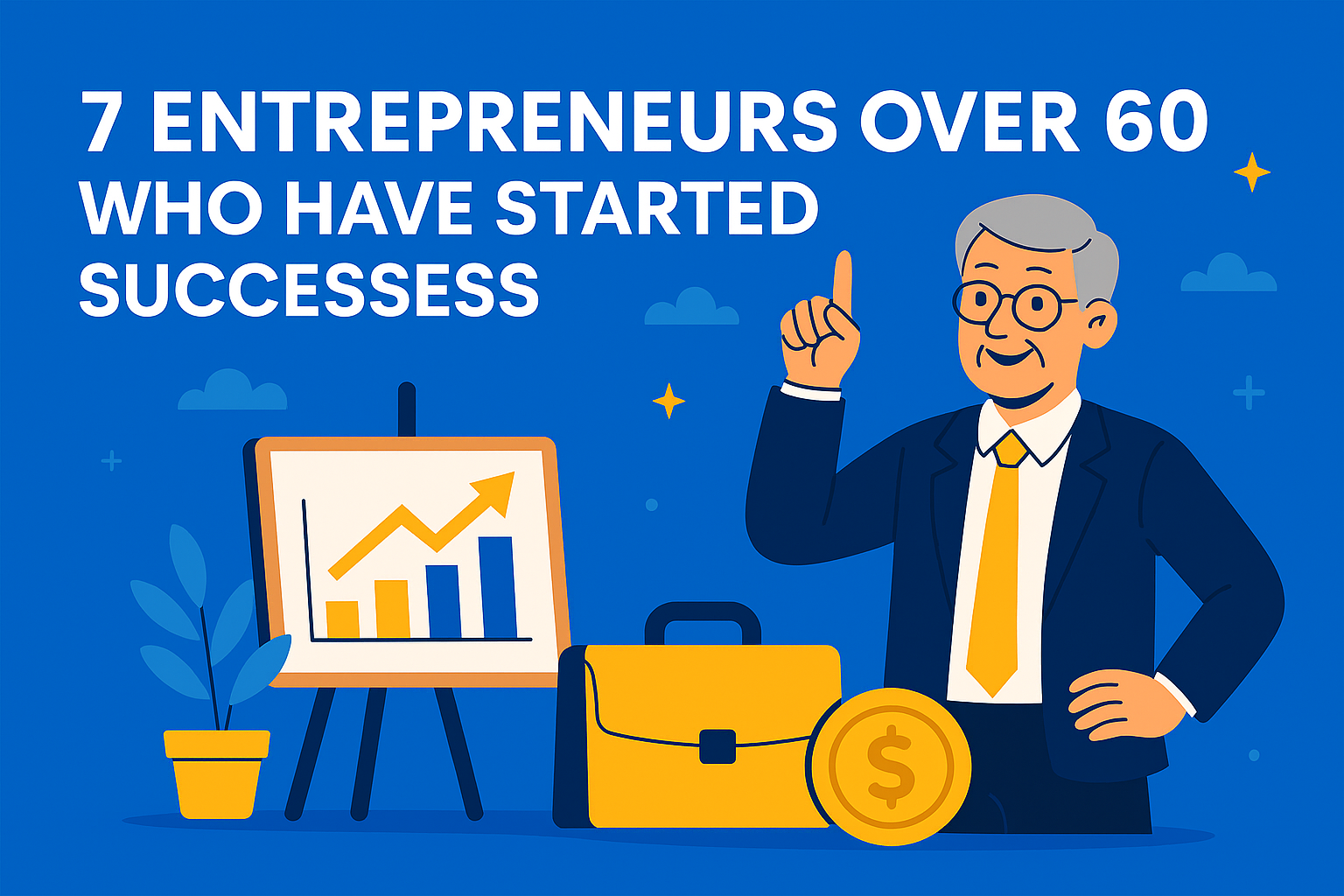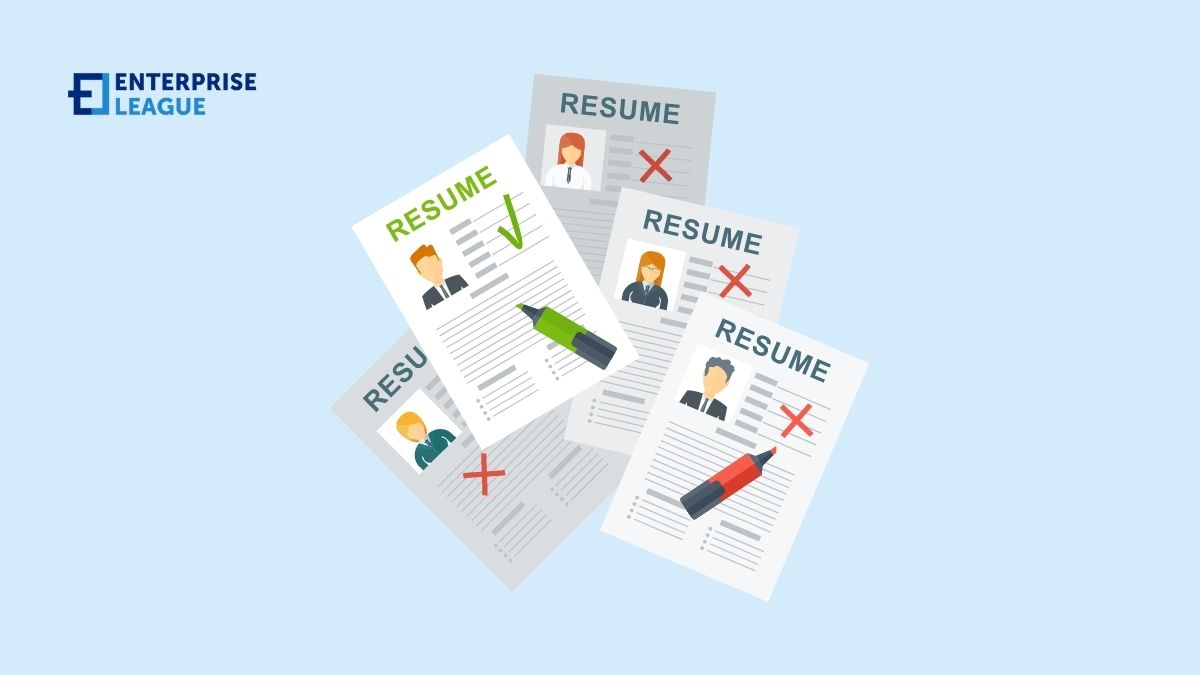Real estate marketing has fundamentally changed over the past five years. The industry that once relied on printed brochures, static photographs, and open house tours now operates in an increasingly digital environment where visual presentation directly impacts sales...

Entrepreneurs over 70 that have defied old age (2025)
Some of us dread getting old and we are constantly on the lookout to postpone admitting to ourselves that getting old is a part of the life equation. On the other hand, thankfully there are people for whom age is just a number and it doesn’t stop them from going after their goals.
Once we fill our cakes with the magical number 70, we could enjoy the comforts of life or casually blow out our candles and go work on our business and personal goals. If you are looking for some inspiration from entrepreneurs over 70 who have been in the business game for a long time you’ve come to the right place.
7 entrepreneurs over 70 are breaking the boundaries
Here are nine entrepreneurs over 70 who will inspire you to get off your coach:
Colonel Sanders
By now the world-famous fast food chain KFC has been the realization of a dream that one 65-year-old Harland David Sanders had almost all his life. After building the foundation of KFC in his 60s Colonel Sanders continued his active role in making KFC an international icon using his own brand as a huge part of the success that KFC has these days. He is a timeless example of perseverance, resilience, and going after your goals hard when people are doubting you because of your age.
Warren Buffett
Warren Buffett is about to hit that sweet 100 billion dollars net worth in the incoming years and he is not backing from business and investments in his 90s! Being part of the financial for almost 60 years now, he has a unique perspective and experience that without a doubt allows him to see financial opportunities that others would miss. He is a prime example being an entrepreneur over 70 gives you experience and gives you an edge over all those young and upcoming entrepreneurs.
Radha Daga
Just as she was about to hit 70, at the age of 69, Radha Daga founded her company Triguni Eze Eats. It is a company that sells ready-to-eat boxed meals on trains and planes such as IndiGo and Air Asia, as well as on Amazon and in retail outlets across the country. Today at 79, Radha is still going strong and after dealing with the blowbacks from the COVID-19 impact on the travel industry, her company is back on track to crushing its business goals.
Richard Branson
Of course, serial-entrepreneur Richard Branson is on our entrepreneurs over 70 years list because we are all lucky that Branson is still heavily invested in his business endeavors and sharing his wisdom with all of us along the way. More than 50 years have passed since Branson founded Virgin Group, which today consists of more than 400 companies in various fields all across the globe. He is a great example of keeping the entrepreneurial spirit that many of us have at a young age, well into our old age, and continuing to build and grow businesses no matter where we find ourselves on the age scale.
Ben Van Praagh
Ben Van Praagh started his first company in London when he was just 19 years so without a doubt he has a place on our entrepreneurs over 70 list as a hard hitter. Ben grew up with dogs, so they have always been just part of his life. Later, when he started trialing his dogs, he realized that ordinary dog food was just not enough. This is when his company Benyfit Natural was born in 2014 when Ben was 74.
Ernestine Shepherd
Ernestine “Ernie” Shepherd, in her 80s, is a personal trainer and a professional model. She was the oldest competitive female bodybuilder in the world, as declared by the Guinness Book of World Records in 2010. She provides a burning motivation for anyone at any age that wants to get in better shape. If Ernestine can do it in her 80s for sure many of us that are younger than her can get ourselves in a gym and get into shape.
Elizabeth Isele
Conclusion
These seven entrepreneurs over 70 can help provide inspiration and motivation for anyone that is contemplating starting a business or someone in his 40s or 50s that is perhaps overthinking that they might be too old for starting a business. With the right mindset, age can really be just a number and we can use the business knowledge and experience of old age that can make us great leaders and entrepreneurs. So stop googling “ is XX age too old for starting a business” and go chase your dreams – who knows, they might even come true!
More must-read stories from Enterprise League:
- The golden rules you need to build a steady buyer-seller relationship.
- The issues of a bad location and how to overcome them.
- Why hiring Millennials is the best decision you can ever make.
- How successful businesses can give back to the community.
-
The importance of customer-focused strategy for your business.
Related Articles
The ROI of 3D Visualization in Real Estate Marketing
How To Choose the Right Tool for Waterfall Chart Reporting
Clear waterfall charts help teams explain how results change over time. This guide compares Excel, Google Sheets, and Power BI, then looks at add-ins such as Zebra BI and think-cell for advanced financial reporting. You will see where each option fits, from quick...
Building team accountability in distributed systems
You can draw the neatest architecture diagram, pick the trendiest frameworks, and still find yourself on a midnight incident call where everyone says, "I thought someone else owned that." That moment is familiar to anyone who runs distributed systems: the technology...
Where to Schedule a Deep Cleaning for Your Restaurant Kitchen: 7 Options in Raleigh
Grease buildup in your kitchen hood is one of the fastest ways to fail an inspection or risk a fire. If you're wondering, "Where can I schedule a deep cleaning for my restaurant kitchen in Raleigh?", knowing which hood cleaning companies are reliable, compliant and...
How Small Businesses Can Reduce Operational Costs Through Smarter Strategies in the Digital Age
In the current business environment, one of the biggest challenges small businesses face is maintaining a cost advantage in an increasingly competitive market. As digital transformation accelerates across industries, traditional cost-management methods are no longer...
















